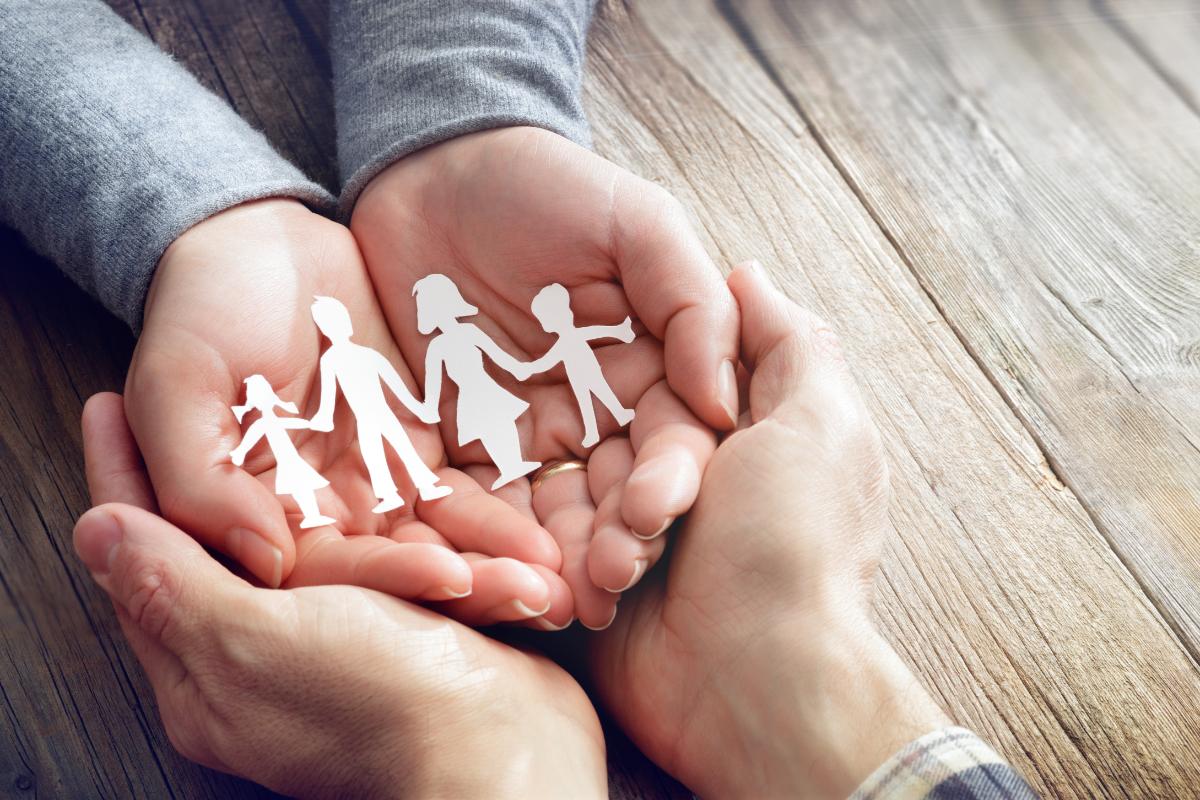November 12, 2024
The Community Health Corner
Submitted by Stephanie Gutierrez

The National Extension Framework for Health Equity and Well-being recommends using community development strategies and health literacy programs to ensure that everyone has a fair and just opportunity to be as healthy as possible. The following resources help us improve well-being for all, and achieve Healthy Kansas 2030 and Healthy People 2030 objectives.
Accessible Resources to Support Emergency Preparedness for People with Disabilities: The CDC has launched a new web portal with accessible resources to support emergency preparedness for people with disabilities. The materials include videos in American Sign Language, Easy Read summaries, infographics, and audio clips, aiming to enhance accessibility. Developed in collaboration with the disability community, the portal helps individuals plan for emergencies and provides resources for disability organizations, first responders, and healthcare providers. The initiative addresses gaps highlighted by the COVID-19 pandemic, which disproportionately impacted people with disabilities. By offering tailored resources, the CDC seeks to promote disability inclusion in emergency preparedness efforts and improve overall community resilience. To access the resources, click here.
Drug Endangered Children in Kansas (DECK) program: An estimated 165,847 Kansas children live in environments where their parent or caregiver uses substances, and around 3,781 infants are born exposed to substances each year. The Kansas Department of Health and Environment (KDHE) is addressing this critical issue through the Drug Endangered Children in Kansas (DECK) program, which recently received a second round of funding. This brings the total number of DECK-supported communities to 29, distributing $3 million in grants aimed at increasing awareness and building partnerships with the justice system and behavioral/public health professionals across Kansas. The DECK program works to reduce children’s exposure to harmful environments by improving identification and response. To learn more about DECK’s impact and resources, click here.
Webinar: Working Together to Build Trust in Public Health: Register for the Public Health Communications Collaborative’s upcoming webinar, Working Together to Build Trust in Public Health, on Monday, November 18. This session will explore how cross-sector partnerships can:
- Build capacity and resilience
- Expand communicators’ roles in community support
- Strengthen confidence in public health
- Help navigate ongoing political, climate, and social changes
Expert panelists will share tools for creating effective partnerships and community-based collaborations, helping you share impactful stories that enhance community health outcomes.
For more information or to register, click here.
For more information, contact Elaine Johannes, ejohanne@ksu.edu; and Stephanie Gutierrez, smgutier@k-state.edu